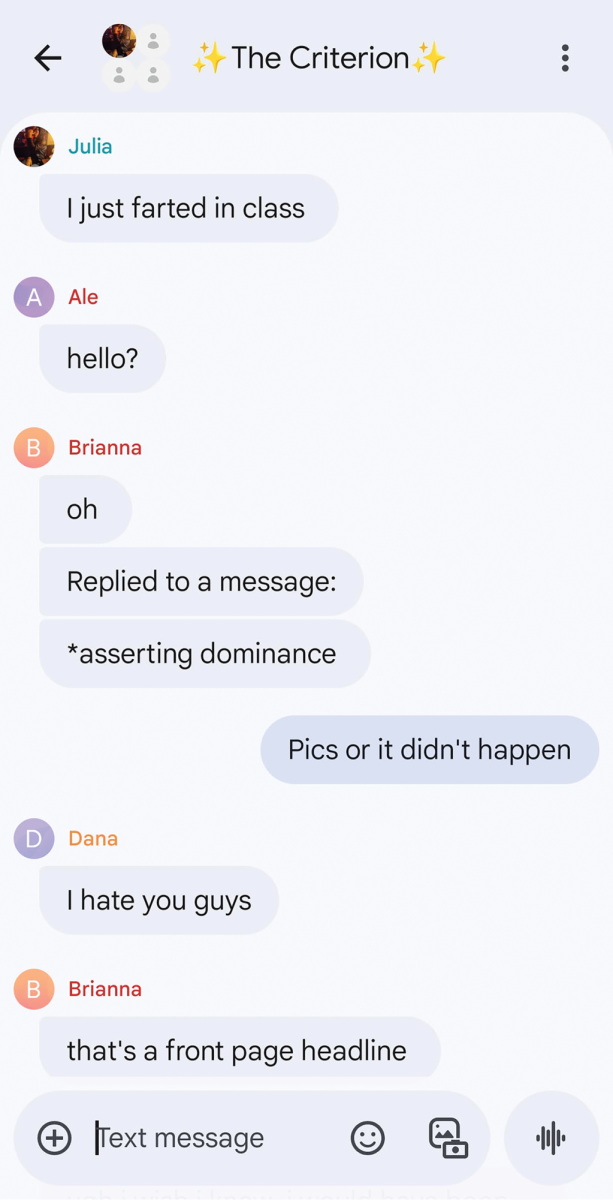by Lauren Heaton
In 1997, the state of Oregon enacted the Death with Dignity Act. That same year the American Medical Association, American Nurses Association, American Psychiatric Association and countless other medical groups insisted that the U.S. Supreme Court not allow laws that permit elderly and terminally ill patients to end their lives at will, stating that it is “a power that most health care professionals do not want and could not control.”
According to No Assisted Suicide Colorado, the voters in Oregon in 1997 ignored the council of these trustworthy leaders in the medical industry who argued that “physician-assisted suicide is fundamentally incompatible with the physician’s role as healer.”
This November we have another opportunity to listen to their wisdom. Vote ‘no’ on Proposition 106.
The argument that assisted suicide frees people from pain falls flat. We have hospice care and modern medication that allows the elderly and ill to live out their final days with their families relatively pain-free.
“Suffering is redemptive,” Father Henry Wertin from Grand Junctions St. Joseph Catholic church said, “I’ve been around hospice enough to know […] there is no suffering involved.”
Our generation has lost sight of the value in suffering. Is surviving difficult times fun? Of course not, but do we grow and learn from it? Absolutely. The best music comes from times of great pain, does it not? We, as people, love stories in which someone who has gone through trials overcomes them triumphantly.
Look at someone who only has a few days left to live, wouldn’t there be a triumph if they lived each and every day they are given on this earth instead of taking a pill and calling it quits early? We hear stories about children who are diagnosed with cancers and Leukemia at young ages and yet live with smiles on their faces. This is because they value each day. Every moment is worth living to them.
We learn from those kids who walk through battles of suffering with a smile on their face, it encourages us to keep going when we’re facing battles of our own. Physician-assisted suicide robs people of the joy that can be experienced each and every day despite suffering.
According to health.mesacounty.us, Mesa County has close to double the nation’s suicide rate, 22.7 per 100,000 compared to 12.4 per 100,000. Local schools, government and health associations spend countless dollars every year to fight this and prevent students from taking their lives. Let me repeat: we fight to keep people from taking their own lives.
Do you not see the danger in voting for assisted suicide? Try explaining to a depressed high schooler why it isn’t okay for them to end their lives, but it is okay for their grandma. Suffering is suffering, it looks different for all of us, but we can learn from it, grow from it.
You might see voting ‘yes’ to assisted suicide as a way to help people, but I see it as a way that ultimately hurts people and families in ways that we don’t yet understand. You might see voting ‘yes’ on assisted suicide as a way to minimize suffering, I see it as an intrinsically evil action.
Have you lost sight of the value of people’s dignity and their stories? Do you doubt that every single day that we have on this Earth is something to be treasured? It is tempting to ignore the gift that life is when all we see is the suffering. Allowing physician-assisted suicide doesn’t take suffering out of the world. It adds suffering when families have to make the decision that the life of their loved one is no longer valued. It adds suffering when a person is pressured by their insurance company to take the cheaper option and end their life. It adds suffering to the life of the physician who has to carry the weight of knowing that they signed the suicide note. The world will always have suffering, let’s not add to it. Vote ‘no’ on Proposition 106.








